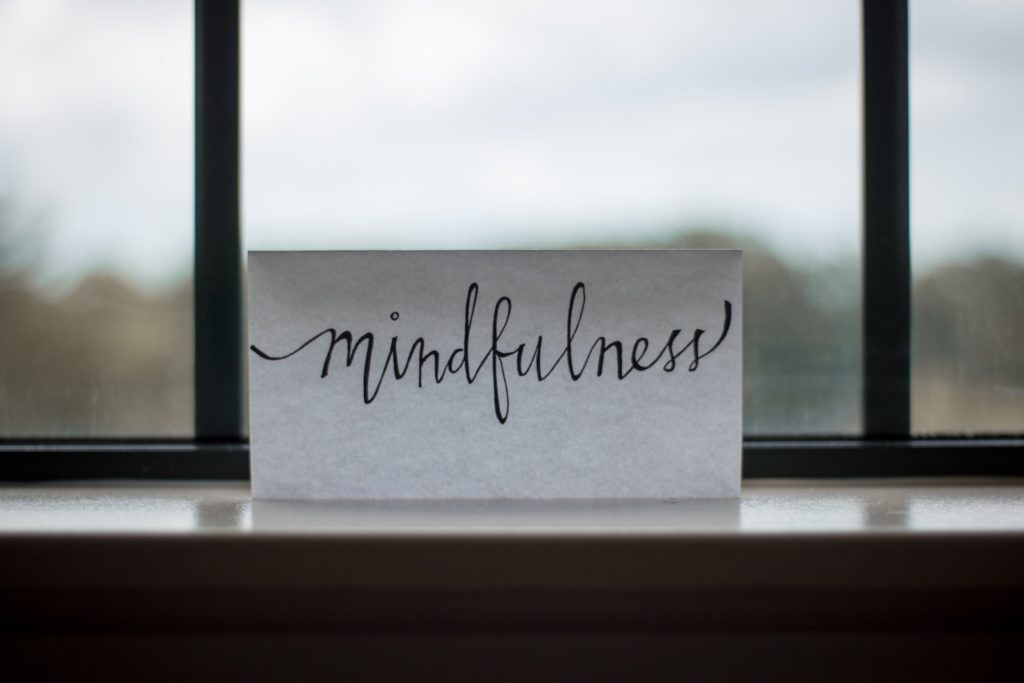The spread of COVID-19 made existing teletherapy services even more attractive, providing individuals with a way to get the mental health services they needed without having to leave the comfort of their own homes. Now that a vaccine is available and the world is starting to gradually reopen, those wanting to reach out for help may be wondering whether in-person or online therapy is the right choice for them.
Are you ready to start your healing process but don’t know where to get started? Let’s take a look at a few considerations to make so that you can successfully choose between in-person and online therapy.
1. What type of mental health issues are you experiencing?

Some people are more suited to receive counseling online, while others may need an in-person support network to help them treat their mental illness and move forward more successfully.
Let’s imagine, for example, that you run your own small business and your stress levels are rising as you try to improve the customer experience with your current call center. Learning how to cope with these negative emotions and find solutions can be as simple as learning how to prioritize and organize yourself at work.
For example, if you find yourself stressed out from your small business, purchasing high-quality contact center software solutions that offer benefits such as integrations with Zendesk, Salesforce, and other CRMs may help. You can also focus more on analytics and insights that help you provide quality customer service as well as tools like interactive voice response (IVR) to improve the efficiency of your contact center. Resources like this offer omnichannel solutions for SMS, mobile apps, social media messaging, live chat, as well as traditional inbound calls and outbound calls that can make your life easier as you conduct business. Seeing a therapist online may prompt you to prioritize your time more effectively.
Meanwhile, someone who’s experiencing severe mental illness may benefit more from face-to-face therapy where they can receive intensive care until their mood is stabilized. Unlike certain issues such as experiencing temporary sadness or loneliness, which can be treated with online therapy and strategies like building a support team of family members and close friends and discovering new hobbies that bring you joy, more serious mental health problems require substantial treatment.
Understanding what type of support you may need throughout your journey can be a great way to determine which type of therapy will help you work towards your new life.
2. Will you able to find the right counselor in your area?
Not all therapists treat the same type of problems. For example, if you’re having issues with anxiety or depression, seeing a nearby family therapist help alleviate your symptoms and develop a positive attitude will be relatively easy to do. However, if you’re having a difficult time coping with an unwanted divorce and unresolved feelings with your spouse, you will need to find a counselor that specializes in this type of support and can teach you how to cope with divorce and divorce stress.
Although they may provide you with similar recommendations as a family therapist like finding a divorce support group, looking for hobbies and interests that keep you engaged and happy throughout the divorce process, and reflecting on what you want in life, a therapist with a specialty in helping others through the grieving process when their relationship ends will likely be the best fit for you.
Because certain types of therapists may be sparse in your location, turning to online support or phone support makes these services far more accessible. Take a look at mental health providers in your area to see if you can fill your needs with the choices around you. If not, teletherapy may be the way to go!
3. Which type of experience do you prefer in regards to therapy?

Finally, the best question to ask yourself is what type of experience you prefer. Some people love the connection that they receive from in-person therapy, while others enjoy the convenience that teletherapy provides. Research shows that each type of therapy offers its own set of benefits and that a hybrid therapy can be a good thing as well. If you have yet to develop a preference, consider diving into the unknown and trying each one out to see which is better for you. Trial and error can be the best way to find out which therapy model works for you.
With so many options out there to help you cope with your negative feelings, finding the right option can seem overwhelming. Fortunately, with a bit of consideration and exploration, figuring out your preferred method of therapy is quite easy. Use the questions above to help you come to the right conclusion and start your healing journey today!










